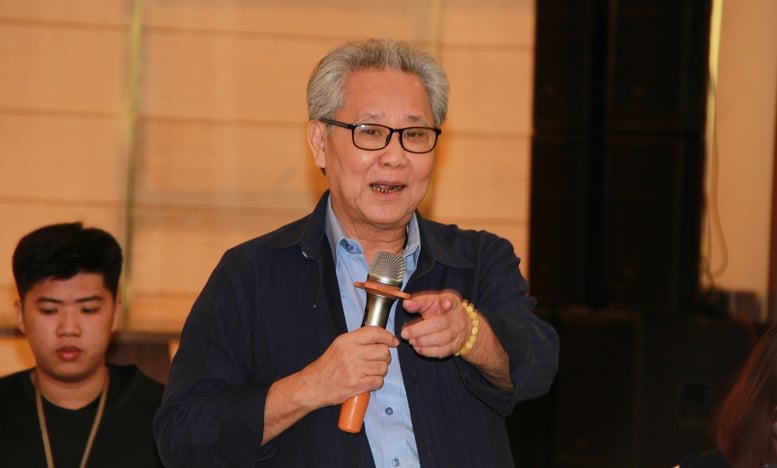
Chairman of the Board of Directors of Loc Troi Group Huynh Van Thon: Aiming for the goal of building livable rural areas
Project of 1 million hectares of high-quality rice: Realizing people's aspirations
According to Mr. Huynh Van Thon, Chairman of the Board of Directors of Loc Troi Group, in the 2020-2025 term, the Government and the Prime Minister have demonstrated strong leadership, management and strategic vision for the agricultural development of the Mekong Delta, the key agricultural production region of the country. The guiding spirit throughout is "green, sustainable, low-emission, high-value agriculture", aiming at the goal of building livable rural areas and ensuring national food security.
One of the Government's outstanding achievements is the Project to develop 1 million hectares of high-quality, low-emission rice associated with green growth, approved and directly implemented by the Prime Minister . This is the largest-scale agricultural project ever in the Mekong Delta, a breakthrough in restructuring the Vietnamese rice industry towards modernity, environmental friendliness and international competitiveness.
"The Prime Minister has chaired many conferences, worked with localities, scientists and businesses to give specific instructions on the implementation of the project; at the same time, requested relevant ministries and branches to support the region in terms of capital, science and technology, digital transformation and consumption markets. Under the close management of the Government, a series of rice cultivation models to reduce emissions, save water, reduce fertilizers, pesticides, and increase productivity have been piloted in Tay Ninh, Dong Thap, An Giang, Ca Mau, Can Tho... with initial clear results," said Mr. Huynh Van Thon.
The project not only helps farmers increase productivity, reduce production costs, and improve income, but also limits the situation of "good harvest, low price", thanks to the synchronous development of the rice value chain from production, harvesting, processing to consumption. The participation of large enterprises and new-style cooperatives helps people feel secure in production and stick with their fields in the changing climate.
The Government also requires localities to link the development of high-quality rice with environmental protection, water resource management and expanding the export market for green rice and organic rice – a direction in line with Vietnam's commitment to reduce net emissions to "0" by 2050.
"It can be affirmed that under the drastic and close direction of the Government and the Prime Minister, the Mekong Delta's agriculture is transforming strongly, gradually becoming an ecological, modern and sustainable agriculture, contributing significantly to economic growth, improving people's lives and affirming the position of Vietnamese rice, seafood and fruits in the international market," the Chairman of Loc Troi Group assessed.
Regarding the environment and climate change adaptation in agriculture, engineer Nguyen Hong Thien, Director of Tu Sang Company Limited (Dong Thap), acknowledged that in the 2020-2025 period, the Mekong Delta region has implemented many important programs of the Government, especially in agriculture, the region's strength. In particular, Decision No. 324/QD-TTg in 2020 approving the Overall Program for sustainable agricultural development and climate change adaptation in the region to 2030, with a vision to 2045, is a typical example.
Accordingly, localities are moving towards a "green economy, circular economy" model, managing water resources, adapting to saltwater intrusion and land subsidence. This contributes to enhancing trust and improving people's quality of life, not only in terms of material things but also in terms of living environment, water security and sustainable livelihoods.
The above results have improved people's lives and average income, improved rural infrastructure and urbanization have multiplied consensus and trust in the leadership of the Party and State, people have actively participated in the development movement, transformed production models, strengthened cooperatives and enterprises, especially people directly benefited from regional development policies.
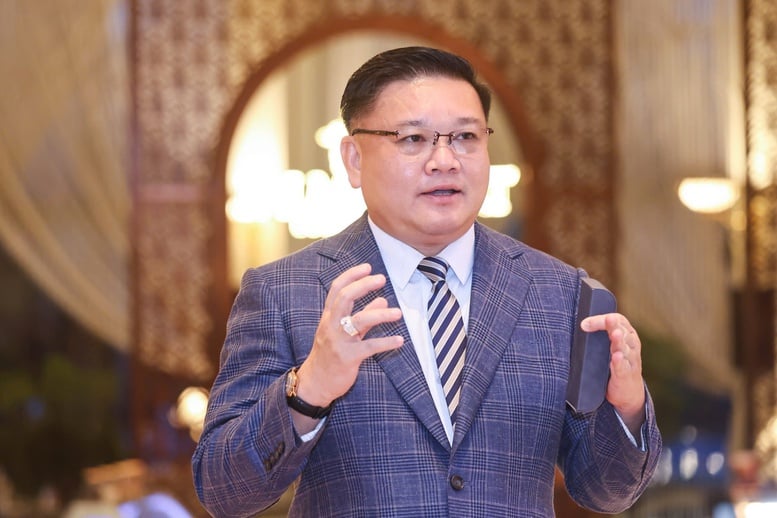
Dr. Tran Khac Tam, Vice Chairman of the Council of Business Associations of the Mekong Delta - Photo: VGP/LS
Promoting transport development: Launch pad for the land of 'Nine dragons'
The 2020-2025 period marks a historic turning point for the development of the Mekong Delta region, when the Government and directly the Prime Minister have demonstrated high political determination, drastic and comprehensive direction to remove infrastructure "bottlenecks", the key factor for the region to develop quickly and sustainably.
Speaking to the Government Electronic Newspaper, Dr. Tran Khac Tam, member of the 13th National Assembly, Vice Chairman of the Council of Business Associations of the Mekong Delta, emphasized: During his term, the Prime Minister has directly gone to the grassroots many times, surveyed and worked with leaders of provinces and cities in the Mekong Delta, directed to speed up the progress of key national projects, especially transport infrastructure and logistics. With the motto "where there are problems, solve them immediately", the Government has allocated an unprecedented large amount of public investment capital for the Mekong Delta region, many times higher than the previous period, demonstrating the special priority of the Central Government for this strategic land.
With the Prime Minister's flexible and decisive management, the Mekong Delta transport network has made great strides. A series of key projects have been started, completed or are about to be put into use: Trung Luong - My Thuan, My Thuan - Can Tho, Can Tho - Ca Mau, Chau Doc - Can Tho - Soc Trang, North - South eastern section through the Mekong Delta, along with many strategic bridges such as Cao Lanh, Dai Ngai, Rach Mieu 2... This network has gradually formed a modern vertical - horizontal axis, connecting economic centers, seaports, airports, international border gates, opening up new development space for the whole region.
According to Dr. Tran Khac Tam, the Prime Minister especially emphasized the development of logistics infrastructure associated with the transformation of regional economic structure. Deep-water seaports and logistics centers in Can Tho, Tra Vinh, Soc Trang, and Kien Giang are planned to form a multimodal transport network connecting roads, waterways, and sea routes, contributing to reducing transportation costs and improving the competitiveness of exported agricultural and aquatic products. This is a strategic breakthrough, helping the Mekong Delta escape from "isolation" for many years, becoming a dynamic economic region, deeply integrated with the whole country and internationally.
Not only stopping at the economy, infrastructure investment also has a far-reaching impact on people's lives. A complete transport system helps shorten travel time, reduce transportation costs, promote tourism, trade and services, while creating tens of thousands of new jobs and increasing income for rural people. New routes also help prevent natural disasters, respond to climate change and ensure national defense and security in border and coastal areas.
"It can be affirmed that this is an extremely great achievement of the Government, especially the Prime Minister in the 2020-2025 term, demonstrating the spirit of innovation in leadership, direction and administration. With strategic vision, close attention to reality and determination to "do it for real, do it quickly, do it effectively", the Prime Minister has brought the Mekong Delta to a new stage of development with modern infrastructure, a thriving economy, improved people's lives, and firmly consolidated national defense and security, worthy of being a potential and prosperous land of the Fatherland", Dr. Tran Khac Tam acknowledged.
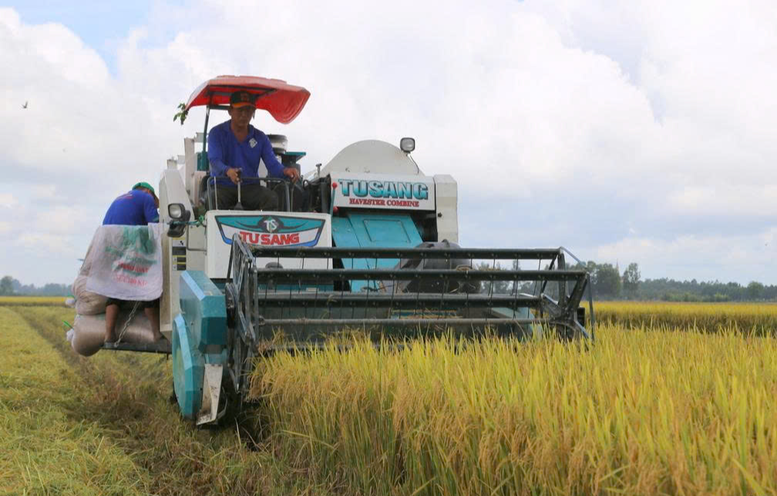
The project of 1 million hectares of high-quality, low-emission rice associated with green growth is gradually "realizing" the dream of prosperity for farmers in the Mekong Delta - Photo: VGP/LS
Merging provinces: A strategic move to create 'growth poles'
According to experts, one of the strategic and historic steps in this period is the rearrangement of administrative boundaries from 13 provinces in the Mekong Delta region to merge into 5 larger provinces. This is to streamline the apparatus, expand development space, create favorable conditions for regional linkages, attract investment and coordinate resources more effectively.
The vision of the merger is that each new province will be larger in scale, capable of attracting investment, organizing a higher socio-economic scale, creating growth poles instead of many small, scattered units. This is in line with the international trend where "large regions, large cities" often have higher competitive advantages. This policy is expected to help the Mekong Delta region better exploit the advantages of land resources, agricultural products, aquatic products, tourism and logistics.
The merger also helps synchronize infrastructure planning, promote stronger regional connections, for example, the main traffic routes connecting Can Tho City with the provinces, or connecting the region with the Ho Chi Minh City area. The new model helps reduce overlap, improve management efficiency, and better serve people and businesses.
This administrative arrangement is not only a management "technique" but also opens up new development space, a gateway for the Mekong Delta to reach out to the sea, to the world, to form larger value chains, larger logistics and to expand the regional economy.
Looking back at the 2020-2025 period, the Mekong Delta has made important strides. The economy remains stable, agriculture continues to play a supporting role; social security is taken care of, the living environment is improved; regional connectivity and administrative arrangements open up new development opportunities.
The leadership of the Party and State, combined with the proactive and creative spirit of the people and businesses in the region, is creating a strong driving force for the Mekong Delta not only to "strive" but also to "breakthrough" in the new era, towards a region of sustainable economic development, unique culture and gentle people of Vietnam in the 21st century.
Le Son
Source: https://baochinhphu.vn/nhung-dau-an-dac-biet-cua-chinh-phu-tren-dat-chin-rong-102251021210403478.htm





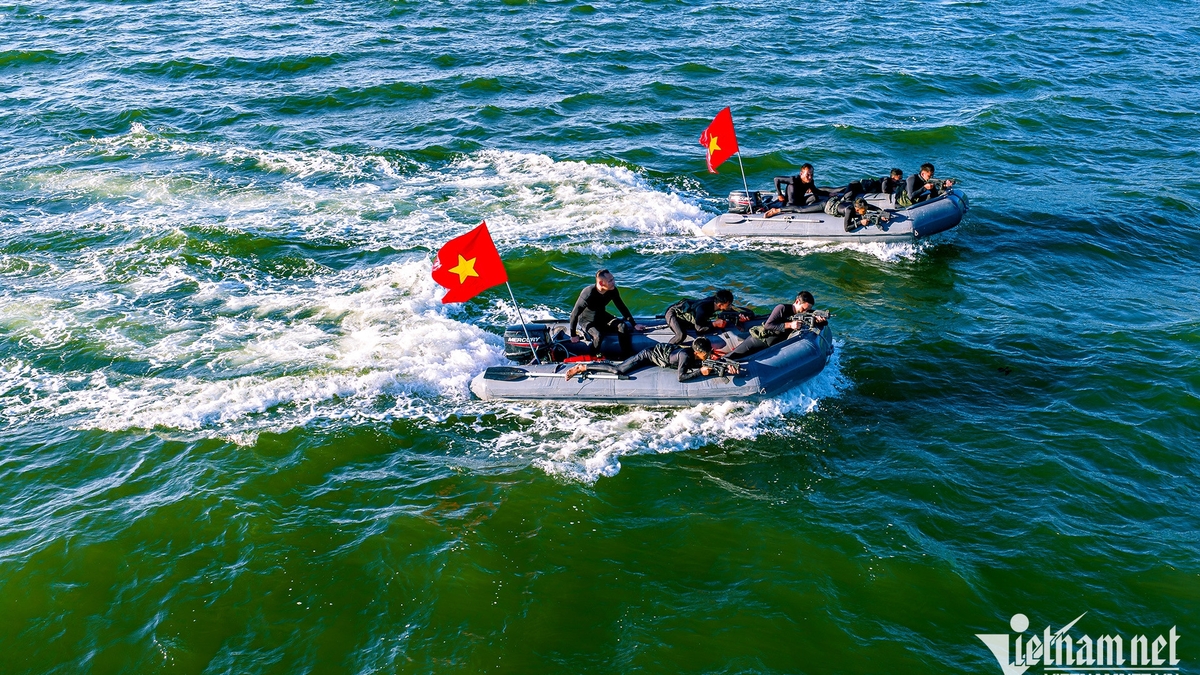

![[Photo] Prime Minister Pham Minh Chinh chairs meeting on nuclear power plant construction](https://vphoto.vietnam.vn/thumb/1200x675/vietnam/resource/IMAGE/2025/10/22/1761137852450_dsc-9299-jpg.webp)


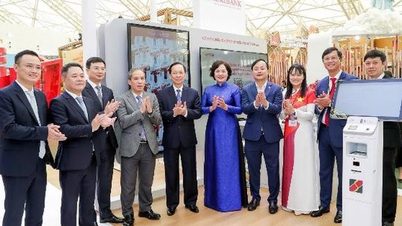
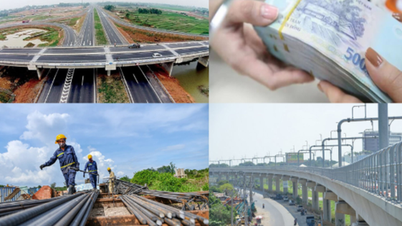
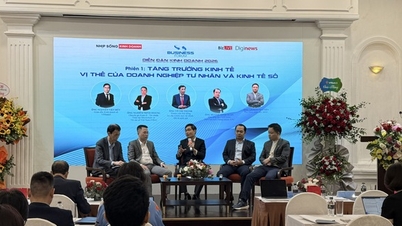






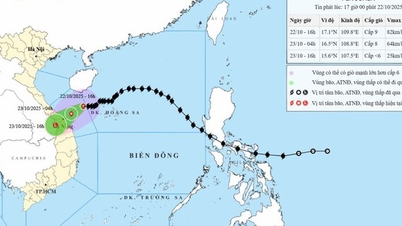
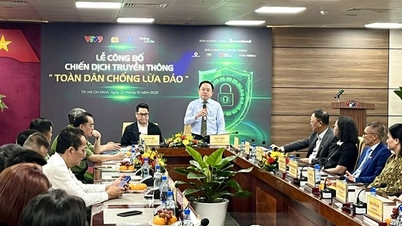
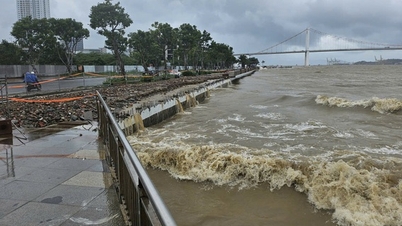
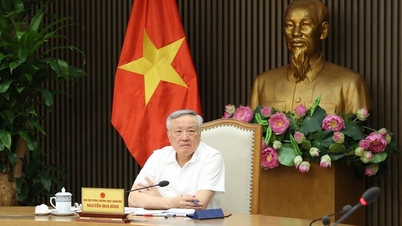
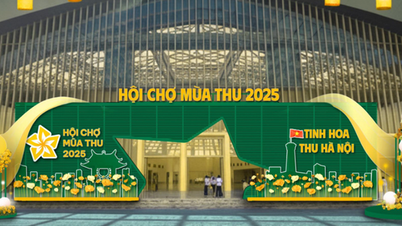
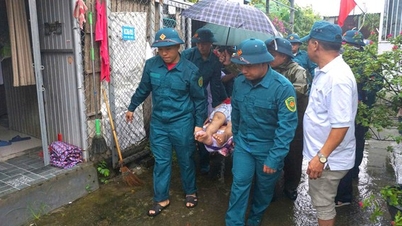






































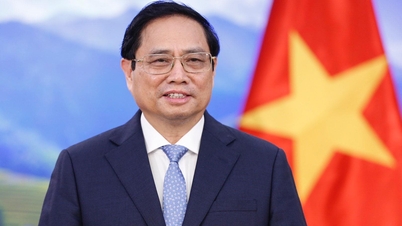

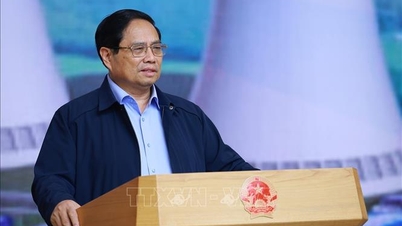


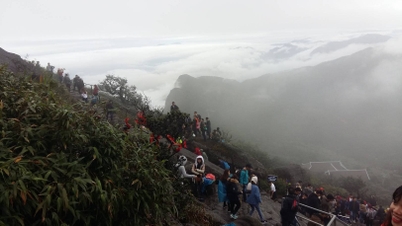

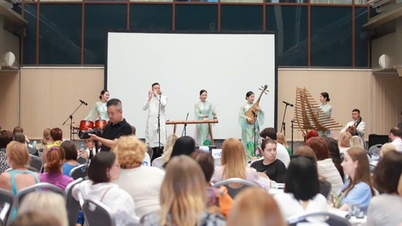

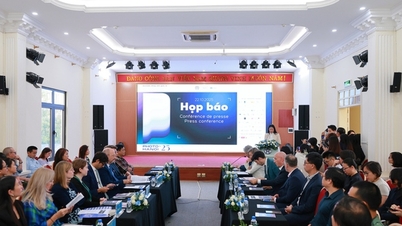
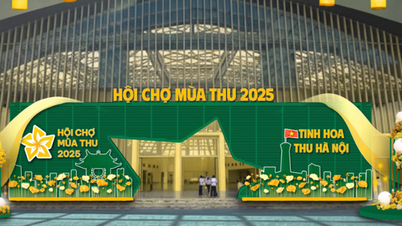
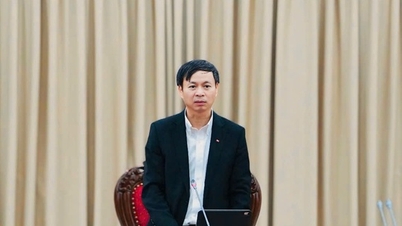

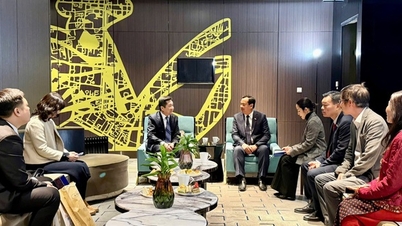
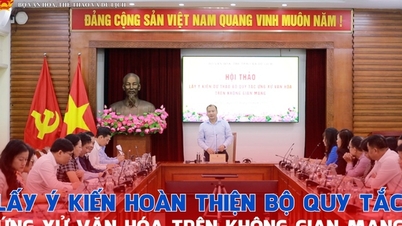
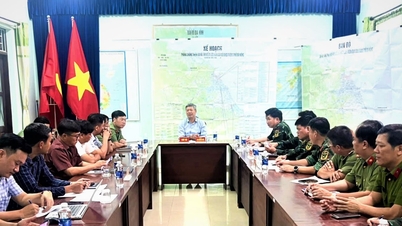

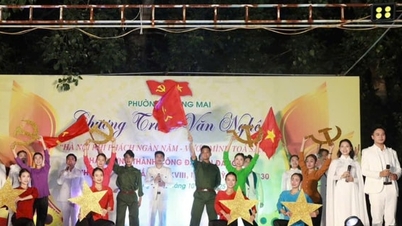

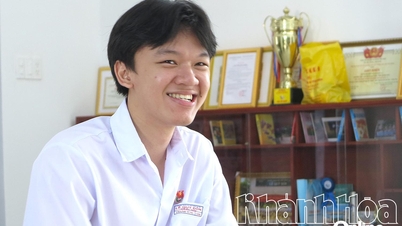

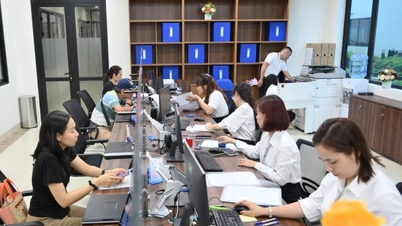

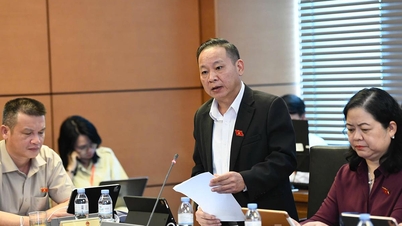












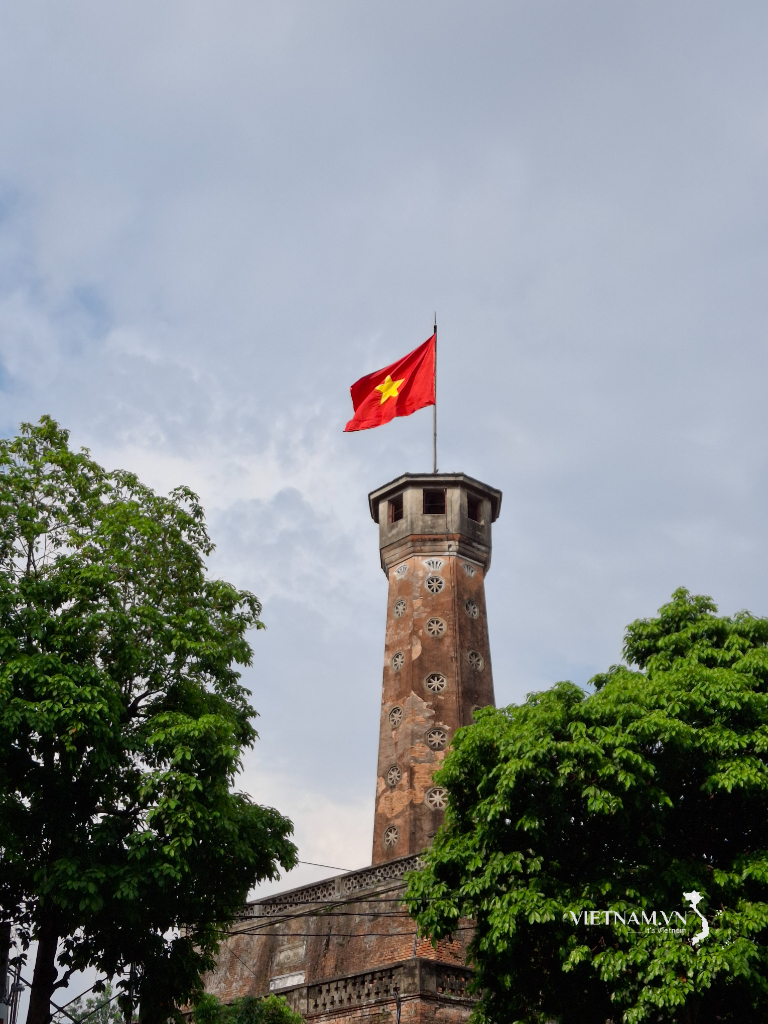


Comment (0)